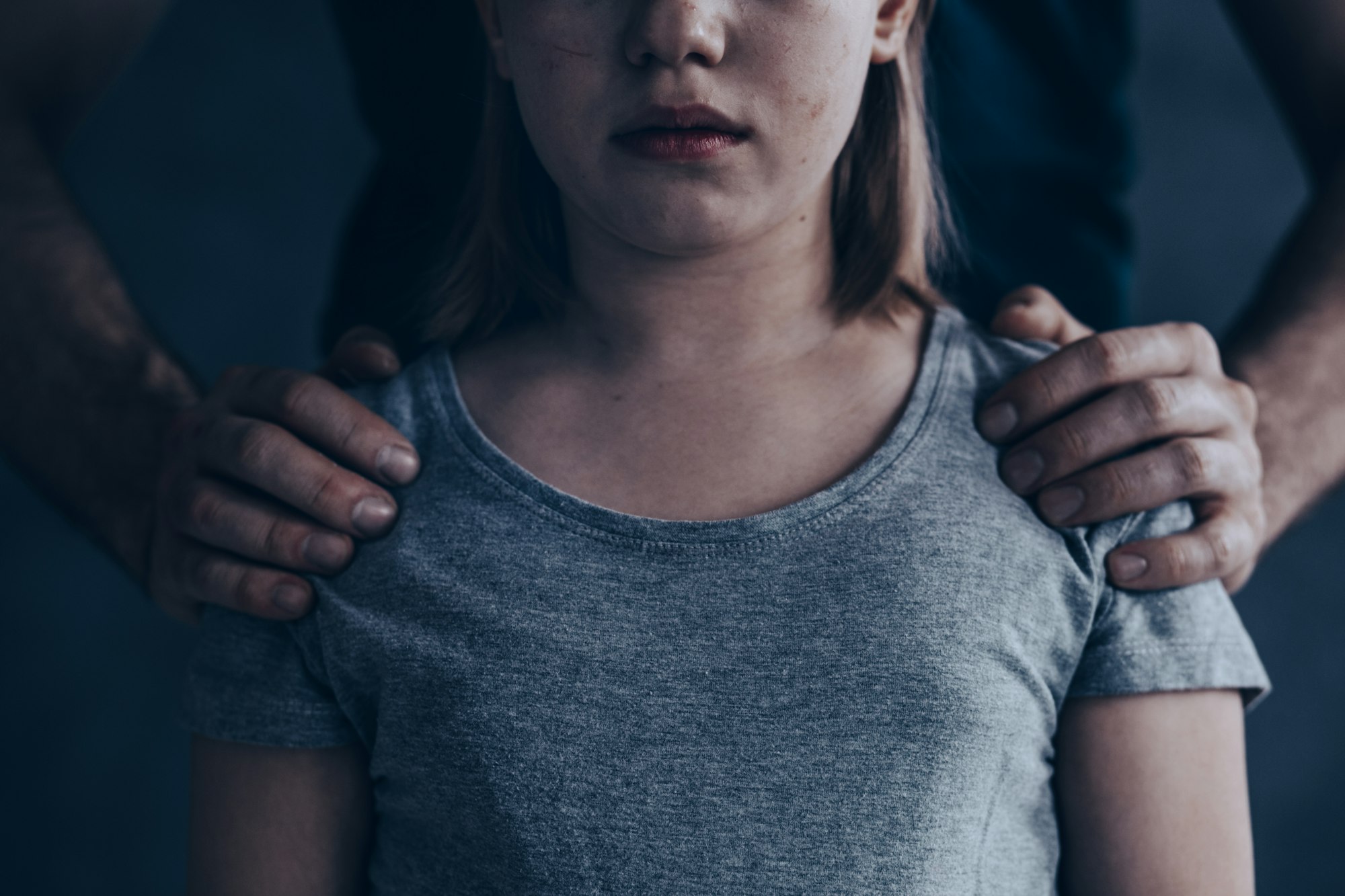Insights into the Legal Proceedings
Decisions Made by the Youth Court
A youth court in Badajoz, Spain, handled a sensitive case where 15 minors were found guilty of creating and spreading AI-manipulated inappropriate images of female classmates. The court declared these minors responsible for producing child abuse material and violating the personal integrity of the victims. Instead of jail time, they received one-year probation and mandatory attendance in gender equality and responsible tech use workshops.

Legal Handling of Minors
Spanish laws stipulate that children under 14 cannot be prosecuted criminally. Such cases fall under the jurisdiction of child protection services, which might involve rehabilitation programs aimed at correcting harmful behaviors and teaching proper digital etiquette.
Educational Measures Post-Incident
Gender and Equality Education
Following the court’s verdict, the involved minors will participate in programs focused on gender equality. These educational initiatives aim to foster a greater respect for gender equality and an understanding of the repercussions of one’s online behaviors.
Promoting Ethical Use of Technology
The incident underscores the need for educational initiatives that teach the ethical use of technology to the youth. The court-ordered educational sessions are tailored to prevent future incidents by enlightening minors about the risks associated with the misuse of digital tools, particularly AI and deepfake technologies.
Impact on the Victims and Community Engagement
Emotional Toll on Victims
The distribution of manipulated images significantly affected the victims, causing anxiety and distress. This case has brought attention to the hidden emotional struggles of the affected individuals and the importance of providing support to help victims recover from such traumatic experiences.
Responses from the Community and Associations
The Malvaluna Association, which speaks for the victims’ families, highlighted the broader societal implications of this case. They advocate for comprehensive sexual education in schools to address the misinformation about gender and sexuality that youths may encounter from unreliable sources, such as pornography.
Delve into the legal and educational responses to the recent AI-generated deepfake scandal in Spain involving minors. Discover the actions taken by the courts, the educational efforts initiated, and the wider societal implications as highlighted by this event.

FAQs About Spain’s AI Deepfake Scandal Involving Minors
1. What legal actions were taken against the minors involved in the AI deepfake scandal?
The youth court in Badajoz, Spain, convicted 15 minors for creating and distributing AI-generated inappropriate images of female classmates. They were found guilty of producing child abuse material and infringing on the moral integrity of the victims. Instead of jail time, the minors received one-year probation and are required to attend educational sessions focused on gender equality and responsible technology use.
2. How does Spanish law handle cases involving minors under 14 years old?
In Spain, minors under the age of 14 cannot be criminally charged. Instead, their cases are managed by child protection services. These services can mandate participation in rehabilitation programs aimed at correcting harmful behaviors and educating minors about appropriate digital conduct.
3. What educational initiatives were implemented following the deepfake incident?
In response to the incident, the convicted minors must participate in programs that emphasize gender equality and the responsible use of technology. These educational efforts aim to instill a deeper respect for gender parity and to teach minors about the ethical implications of their digital actions, particularly concerning AI and deepfake technologies.
Sources The Guardian


